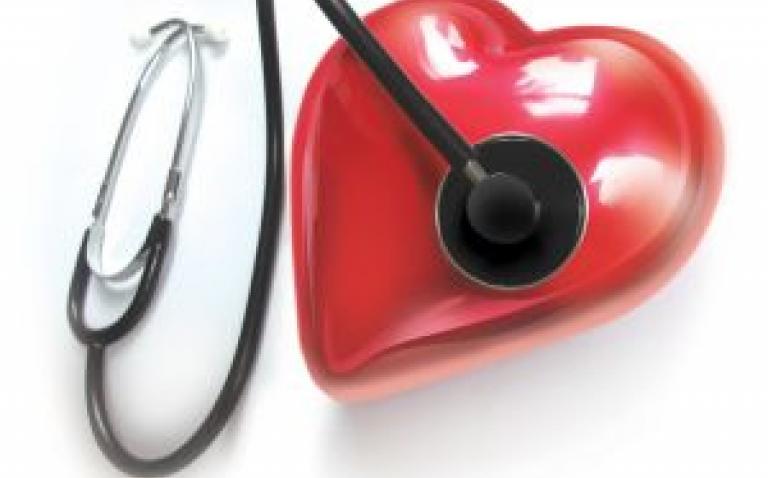A leading Belgian biotechnology company specialising in regenerative therapies for the treatment of cardiovascular diseases, have announced positive safety data and preliminary efficacy results from its clinical trial of C-Cure, a breakthrough stem cell therapy for heart failure.
Results from the Cardio3 BioSciences study has shown C-Cure to have a very good safety profile with no adverse events related to C-Cure.
The study is also examining a number of measures of efficacy. With three month follow up data in-hand, Cardio3 BioSciences has observed positive and encouraging trends in a number of physiological and clinical parameters.
Meaningful differences were seen in ventricular size, ejection fraction and other measures of heart muscle activity in C-Cure treated patients when compared to control and to baseline.
Partial data from a paired analysis of patients at six-months follow-up is suggestive of these beneficial trends being reinforced over time.
Dr Christian Homsy, CEO of Cardio3 BioSciences said: “The data so far from our trial is very encouraging. We showed that C-Cure is safe at three months. We also saw positive trends in other measures that suggest that C-Cure, as anticipated from animal model data, is acting on heart muscle in a way that could yield important clinical benefits. We now look forward to seeing the full six-month follow-up data and completing the analysis of the trial.”
“With the confidence and experience gained from this trial, we are moving ahead with finalizing the design of our pivotal clinical program for C-Cure. Cardio3 BioSciences is continuing to take the steps to bring to patients this new treatment for a condition where current therapies do not address the underlying cause of the disease.
Dr. Jozef Bartunek, Associate Director of the Cardiovascular Center in Aalst, Belgium and Co-Principal Investigator of the C-Cure trial commented: “C-Cure could represent a major breakthrough in the field of cardiac regenerative medicine offering the potential of a life-saving treatment potentially avoiding the need for heart transplants. This trial represents a “first-in-man” therapy using cells ‘programmed’ to become heart cells. The early stage data that we have seen are encouraging and provides us with very valuable insights that we can use in the design of larger studies to fully examine the efficacy of C-Cure in heart failure patients.”
To find out more, please click on the link below:










